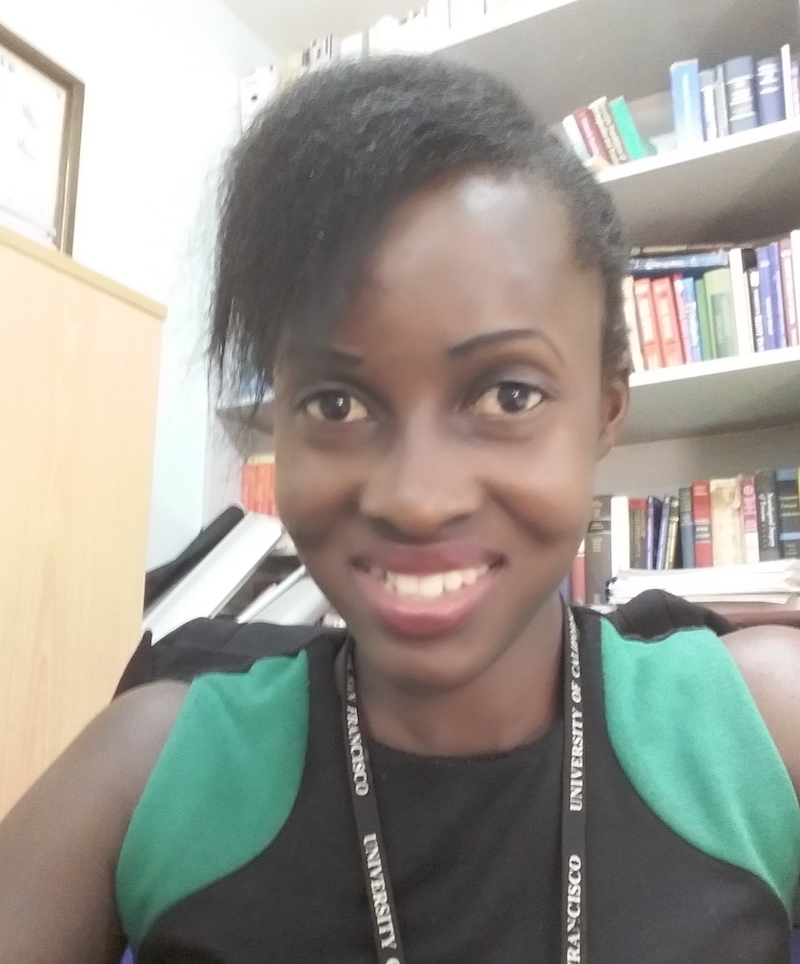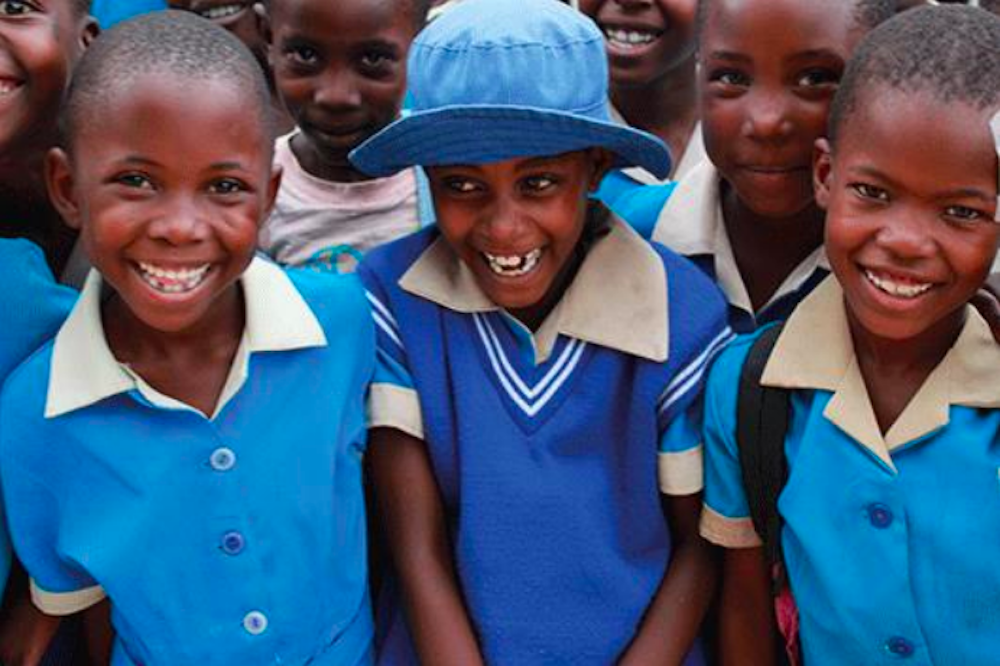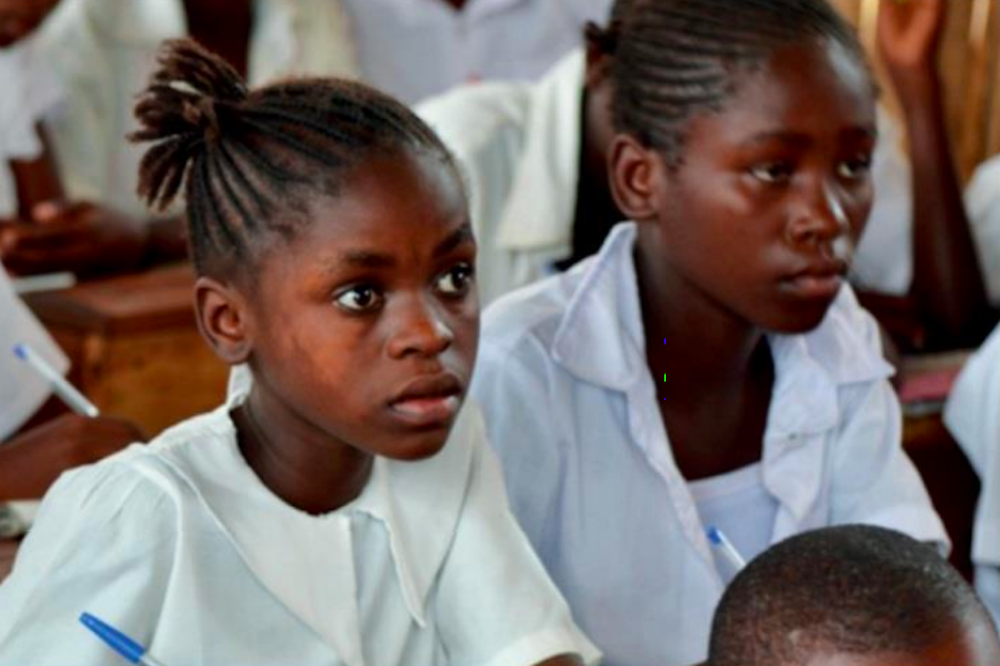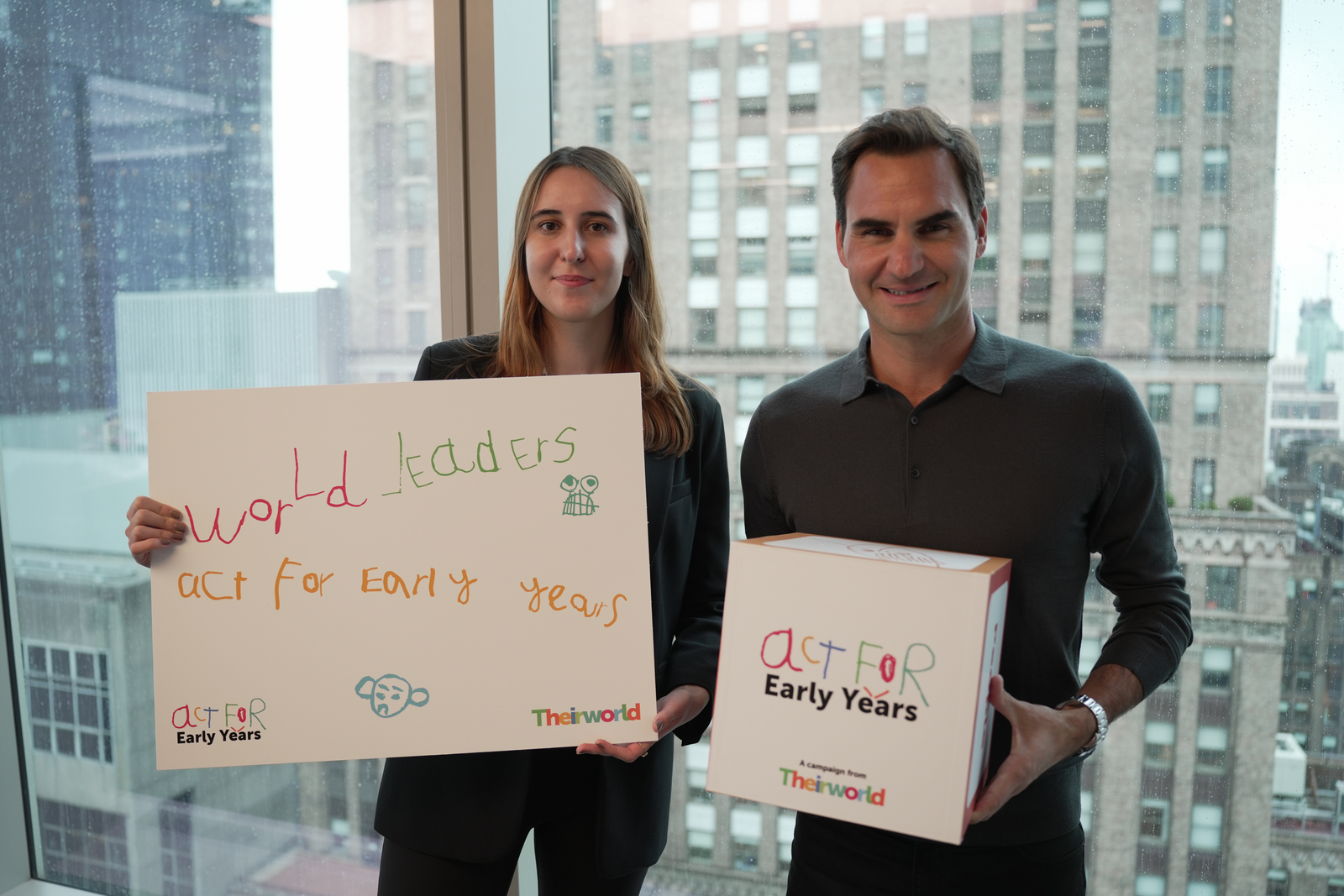
“Working together to help underprivileged girls into education in Uganda”

Barriers to education, Girls' education, Global Youth Ambassadors, Right to education

A Global Youth Ambassador tells how officials and civil society groups are trying to overcome the barriers that prevent girls from going to school, including disability.
The Ugandan Ministry of Education and Sports frequently holds Basic Education Working Group Meetings (BEWGM). They are a platform for civil society organisations to share the interventions they are conducting to improve the education system and to discuss education-related challenges facing children.
During the meeting on January 24, representatives from the UK Department for International Development (DFID), the Girls’ Education Challenge (GEC) and their implementation partners; CRANE/VIVA, Peas Uganda and two others, made presentations about the Girls’ Education Challenge Extension in Uganda.
DFID gave a brief introduction about its organisation and how it works with GEC to increase access of underprivileged girls to education. It highlighted key barriers to girls’ education and pointed out that lack of money was a significant barrier limiting girls from going to school.
I posed a question to the DFID representative about whether the organisation had addressed the issue of cultural norms and their influence in prohibiting girls from accessing education.
She responded that DFID had conducted research on cultural norms and were aware of the issue. However, their implementation partners hadn’t yet developed a programme to tackle it.

Daniella is inspired to help more girls get access to education (Girls Education Challenge)
DFID and GEC promised to share all the information they posed on cultural norms with me. I then shared my business card with the representatives, as I identified this as an opportunity to develop a project in partnership with DFID.
Of the four implementation partners present, only two had addressed the issue of disability as a hindrance to girls’ education. Nevertheless, their interventions were limited to districts located in Central Uganda.
I commended them for their work but suggested they scale up their projects to other parts of Uganda, especially Northern Uganda which has been affected by civil conflict led by Kony of the Lord Resistance Army (LRA) and Eastern Uganda, where there are many children suffering from post injection-related disabilities.
Overall, this presentation was enlightening since I have an interest in improving access to education for girls.
This is because I have experienced similar challenges and managed to overcome them. I have a Master of Science in Public Health from Oxford Brookes University and a Bachelor in Biomedical Laboratory Technology from Makerere University.
I am currently looking for PhD scholarships in my field to further my studies and reach the highest level of education.
I believe my story will inspire many girls to pursue their academic dreams despite the obstacles that they may face on their journey.
More news

New school resources focus on disability and girls’ education
